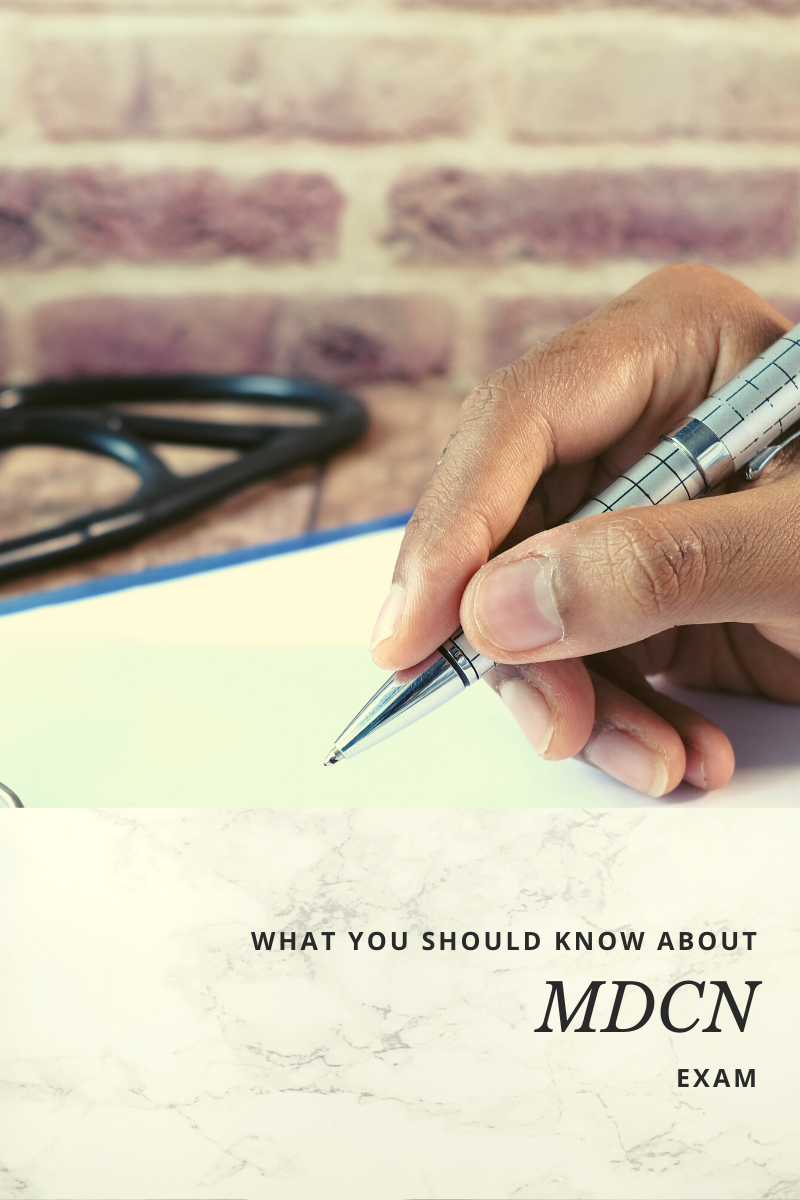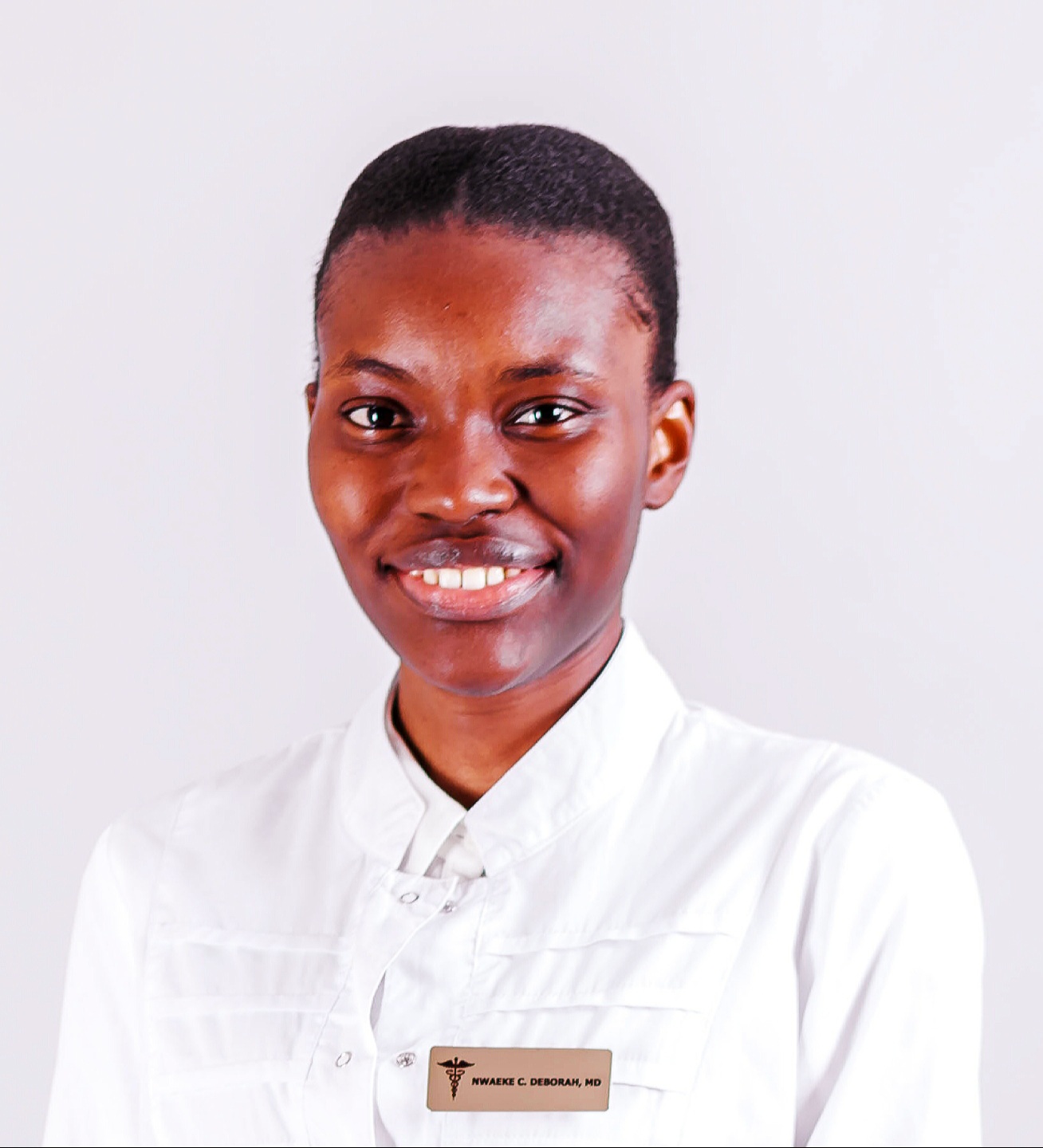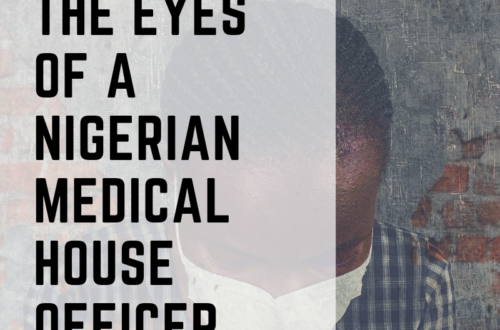
What you should know about the MDCN exam
The MDCN is a governing body for Medical and Dental practice in Nigeria.
I vlogged my MDCN exam experience. Click here to watch.
I made a video of this blogpost as well, you can click here to watch
GENERAL OVERVIEW
The examination is conducted by the Medical and Dental Council of Nigeria for foreign-trained medical graduates. Successful candidates are given a provisional license to practice in Nigeria. This license is for the internship period. Upon completion of internship the Doctor is eligible to apply for full registration with the council. The exam is conducted two times a year, in October/November and March/April.
The examination is centralized. The venue for the examination for a particular batch is chosen by the council. This is usually a teaching hospital in any of the states within the country. The examination is usually conducted within two days. The pass list is released about a week after the exam (it’s been earlier than that recently), and an induction ceremony is held for successful candidates about a month or so after the release.
REGISTRATION
Requirements for registration
To register you will need:
- MBBS certificate or any other equivalent degree.
- Eligibility letter from your University (it should be from the ministry of health in that country, stating that you are eligible to practice medicine).
- Secondary School certificate (WAEC or NECO results. At least 5 credit units in relevant subjects in not more than two sittings).
- Data page of international passport and visa page for the country you studied in (where applicable).
- Verification letter from your university via ECFMG.
- Payment slip (receipt) for the exam.
- Filled application form (download from the MDCN website)
For an updated list and for more enquiries, please visit the official website www.mdcn.gov.ng or the MDCN office nearest to you.
Registration for the exam is a stepwise process which includes:
- Verification of certificate (university degree: MBBS, Doctor of Medicine). This is done by the Educational Commission for Foreign Medical Graduates (ECFMG). Kindly visit www.ecfmgepic.org for more information.
- Registration for the exam on the MDCN website www.mdcn.gov.ng
- Submission of documents (requirements list) at any MDCN office of your choice.
- Continue to study while waiting for the exam date to be fixed.
EXAM STRUCTURE
The examination comprises of two parts: the CBT and OSCE.
The CBT part is a 300 multiple-choice question test amongst which 50 are picture tests. The test lasts for 180 minutes.
The OSCE part usually consists of 10 stations. These include Lab analysis and investigations, physical examinations, history taking, counselling, and public health questions. Each station lasts for about five minutes.
Based on the statistics given for the November 2019 batch, 80% of candidates passed the OSCE and about 30% passed the CBT. I hear that one needs at least 50% in both sections to get the overall pass mark for the exam.
Prepare adequately for both parts of the exam and give both your best shot.
CURRICULUM AND PREPARATION
The exam questions include the following specialties but not limited to them: Internal Medicine, Obstetrics and Gynaecology, Surgery, Paediatrics, Public health and Psychiatry.
The physical examinations you’re usually required to know are:
- General physical examination
- Abdominal examination: General, in a patient with cholecystitis, gastric outlet obstruction (GOO), appendicitis or pyelonephritis.
In each of these conditions you are expected to elicit signs specific for the condition. This depends on the question.
- Respiratory examination
- Cardiovascular examination
- Thyroid examination
- Cranial nerve like facial and occulomotor.
- Neurological exam (upper or lower limbs)
- Breast examination
- Obstetric examination (Highlight is Leopold’s maneuver).
Some are more likely to be asked than others, but it’s advised to cover as much as you can.
Study materials include:
- The Guide (Paediatrics, Medicine, Surgery and OBGYN)
- Paediatrics in picture
- Rule of thumb of Paediatrics
- Clerkship secrets
- Dr Udefiagbon’s slides on surgical instruments, radiographs and clinical pictures.
- Dr Udefiagbon’s videos for physical examinations (that’s the Nigerian way). Click here.
STUDY TIPS
- Study on your own.
- Join an effective study group.
- Follow the MDCN telegram group discussions
- A hospital attachment helps (this can really be time-consuming, but if you can juggle both do so).
- Join a good tutorial. Read reviews and ask for recommendations from others who have written the exam.
- Brush up on basic medical sciences.
- Cover all high-yield topics (you can find them in The Guide series).
- Set study targets with timeframe and keep to them. If you don’t you might not be able to cover all you need to cover.
- Read wide yet targeted.
- Get familiar with clinical pictures. You can google up a disease, instrument or procedure and study the images under them.
- Know your lab norms and the interpretation of abnormal values. Make reference to values used in Nigeria.
- Know the current immunization schedule (Nigerian).
- Know the diseases common to the tropics and in Nigeria (eg. Hypertension, Sickle Cell Disease, Malaria and some other infectious diseases).
- Study the levels of prevention for epidemics in Nigeria and for endemic diseases too.
PRACTICE! PRACTICE!! PRACTICE!!!
This can not be overemphasized. The more you practice the better you become at it. This helps when you have to manage exam tension.
A dear friend and Doctor said to me, “Debbie, you have to know how to carry out any physical examination even if you’ve just woken up from sleep.” That’s how good you should be at them. You can!
Finally, Pray like it all depends on prayers and study like it all depends on studying.
W.F Kumuyi once gave an illustration which I have always applied. He explained that God always gives His 100% to our success. If you give 0% for instance, 100×0=0 , but say you give 20%, 100×20=2000. This implies that the result we get is dependent on how much effort we put in since God always gives His 100%.
In a nutshell give this your best shot.
GOOD SUCCESS!
Click here to watch my MDCN exam experience.
If you have any questions or contributions kindly do use the comment section below.
Yours Cherrily,
Debbie
CBT: Computer Based Test
OSCE: Objective Structured Clinical Examination
MDCN: Medical and Dental Council of Nigeria.

You May Also Like

TENMHO SERIES: NIGHTINGALE
12 October 2022
How To: Full Registration for MDCN Post-housemanship Doctors
21 January 2022
One Comment
canadian pharmaceuticals online
I don’t even know how I ended up right here, but I
thought this put up used to be great. I do not understand who you might be but definitely you are
going to a well-known blogger should you aren’t already.
Cheers!